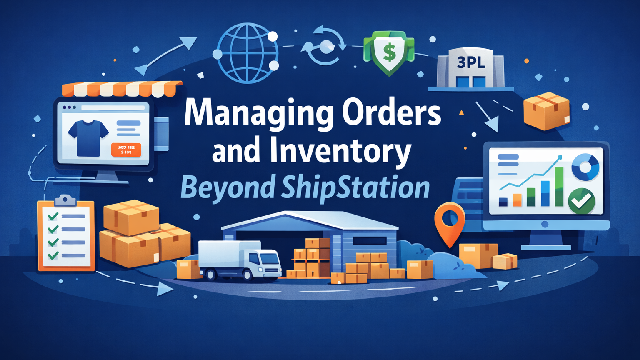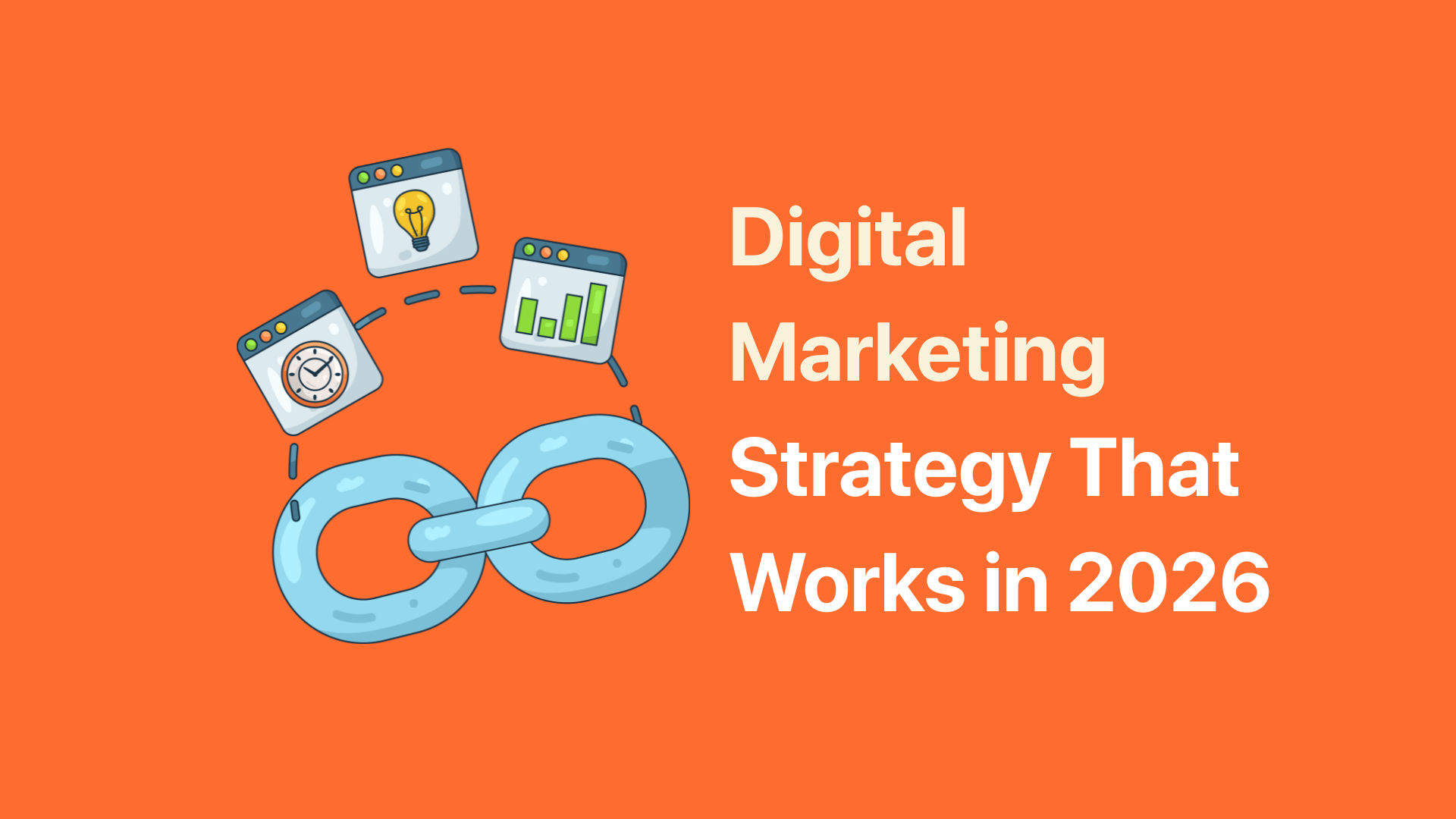What Exactly Is CRM for Recruitment?
Recruitment is a word. CRM alludes to a piece of software used by businesses to interact with prospective employees. Without a question, there is fierce rivalry in the job market.
When choosing new staff for their businesses, modern employers are highly wise and cautious. In a similar vein, candidates also have a choice and freedom while looking for work, so they may choose their employers.
The primary worry for businesses is the market's availability of the finest solutions that may enable them to provide great applicant experiences and maintain their engagement throughout the whole hiring process.
The simplest solution to this issue is "Recruitment CRM." This recruitment software gives companies the ability to interact with prospects, which helps them hire for openings more swiftly and affordably while also attracting top personnel.

What is CRM for recruitment?
A recruitment CRM's primary function is to assist businesses in initiating timely and relevant contact so they can forge and maintain solid bonds with candidates. CRM stands for candidate relationship management in the world of recruitment, even though it is usually used to refer to client relationship management. When it comes to recruitment, the best CRM software is just a click away! A diverse range of powerful tools awaits, each designed to streamline your hiring journey. Do your research, compare features, and confidently choose the perfect CRM software to match your requirements. Additionally, Consider integrating back testing software into your CRM system to evaluate the effectiveness of your recruitment strategies and optimize your hiring processes.
Free software called Recruitment CRM software dubai was created to assist firms in keeping job candidates interested after they've applied.
What justifies a CRM for recruiters?
A recruitment CRM is a crucial decision if you want to provide your applicants with a fantastic hiring experience overall, considering developing HR software can greatly simplify your job as a recruiter and optimize your processes.
Listed below are a few advantages of using candidate relationship management software:
a.Create Detailed Candidate Profiles:
When you use a CRM for your recruiting responsibilities, you have the added benefit of being able to obtain all candidate-related information, such as their skill sets, social media accounts, and previous employers, among other things.
As a result, you may also save a lot of time that would otherwise be required to search databases for candidate information.
b.Keep Candidates Excited:
With the aid of this recruitment software, you are able to keep prospects enthusiastic about their potential employment opportunities. During the whole hiring process, you may connect with them without encountering any problems. This ensures alignment with the key drivers of employee engagement, fostering enthusiasm and trust among candidates.
c. Speed-up Creating Talent Pools:
You (or an HR assistant) can create talent pools with ease if you have a single location to store candidate-related data. This makes it possible for you to swiftly decide which applicant best fits the vacant vacancies.
d. Encourage Customized and Swift Communication:
With the candidate relationship management system, you may send out Personalized and Swift updates on the Recruitment Process Developments. 82% of candidates believe they will get updates from employers throughout the whole hiring process, according to a study.
e. Improve The Application Process By Making It More Modern:
Today's candidates only want to save time. People would rather apply quickly than spend hours filling out an application form. As a result, a successful recruiting CRM updates the application process. Candidates may now apply via social media platforms as well.
f. Develop Connections With Prospective Hires:
It's likely that you won't hire every competent candidate who applies for a job that is vacant. Nonetheless, you may think about forming connections with those applicants for potential hires in the future. A CRM extension aids in the development of a network of possible candidates for open positions.
By efficiently creating and managing a contact database within your recruitment CRM, you ensure a systematic approach to storing candidate information. This contact database becomes an invaluable resource, allowing you to easily track and engage with potential hires, fostering stronger relationships for future recruitment needs.
g. Time-saving:
By using a recruitment CRM, you can stop worrying about the time-consuming and laborious manual hiring processes. By saving you money and time, this recruitment software Ducknowl automates automates and simplifies common recruiting tasks. Using tools like an image to excel converter can further save time by quickly extracting candidate data from scanned resumes or application forms and converting it into structured spreadsheets for easier analysis.
Additionally, integrating work time tracking features can further streamline your hiring processes by ensuring that recruiters stay on top of the time spent on each task and maintain a more organized workflow.
h. Maintain Control Over Your Hiring Efforts:
Staffing businesses may assess the successes and failures of their recruitment procedures and tactics by using a recruiting CRM. They can effectively plan their overall time to hire and obtain top-quality applicants with established recruitment KPIs, and they can also improve their recurring techniques.
When should you employ a CRM?
You could be certain that a basic application tracking system or spreadsheets for your staffing and recruiting firm work just fine, but there are alternative, more effective choices on the market. Use a recruitment CRM right now to take your hiring processes to a new level.
Here are a few points of reference to help you determine if you need a recruiting CRM.
1. Actively Sourcing Candidates:
A responsive applicant tracking system (ATS) is only utilized when candidates apply for a job that is up for hire. An ATS has its limits when you are actively seeking candidates. Hence, you'd want an HR software like an HR CRM to locate and arrange the applicants.
2. Spreadsheets Used to Sort Applicants:
While there are several ways for HR specialists and recruiters to manage candidate-related information. While there are other methods as well, such as Outlook tasks and sticky notes, spreadsheets are the most popular.
Without a question, spreadsheets come in quite helpful for accounting and finance. It is, nevertheless, the poorest choice for managing hiring efforts. You must manually enter the data in spreadsheets, which takes time. This is why many recruiting teams move away from spreadsheets toward modern recruitment platforms such as Recruiterflow, which centralize candidate data and automate repetitive tasks.
The majority of manual tasks may now be automated thanks to innovative technologies. So, using a free ATS makes life simpler for recruiters and bookkeeping software for the finance team makes life simpler. This software oversees the preparation and management of a company's financial reports including accounts payable and accounts receivable.
3. Hiring for Hard-to-Fill Positions:
Many positions lack qualified individuals, despite the fact that some have a large pool of applicants. When working with jobs that are difficult to fill, you must create a database of qualified applicants and keep solid connections with them. Later, you can conduct the PI Behavioral Assessment Test For Employment to hire people who are truly a great fit. CRM for recruitment marketing firms is the ideal approach to creating a robust talent pool.
4. Spending the Most Time on Processes and Workflow:
If using the ATS processes and workflows takes up the majority of your time, you need to find a better solution. A contemporary recruiting CRM may enable automation for your procedures and workflows, saving you time and money.
5. Several Profiles of the Same Person in Your ATS:
There are a variety of reasons why you can have many profiles of the same individual in your ATS database. The architecture of the applicant tracking system's visibility when arranging data from an application method is mostly to blame for this problem.
For ATS but not CRM, the following situations might result in profile duplication:
a.Using a candidate who is already in the database as a source
b.Reapplication by a previous applicant
c.A candidate who concurrently applies for two different employment
d.A recruiter assigns a potential employee who is already on the database
6. If Your ATS Becomes a Candidate Graveyard:
There is a good probability that your ATS database has data on hundreds of thousands of candidates. The candidate-related data has the drawback of potentially wasting resources since it ultimately gets out of date. If your ATS becomes a candidate graveyard, using a LinkedIn scraper to gather and organize candidate data can help streamline the recruitment process and prevent the issue of having multiple profiles of the same individual in your database. However, it's important to ensure that the web scraping is done ethically and in compliance with LinkedIn's terms and conditions.
As a result, a database like this is worthless to recruiters. You may use an HR CRM to transform this candidate graveyard into a talent pool where you can locate the best candidates for upcoming vacancies.









